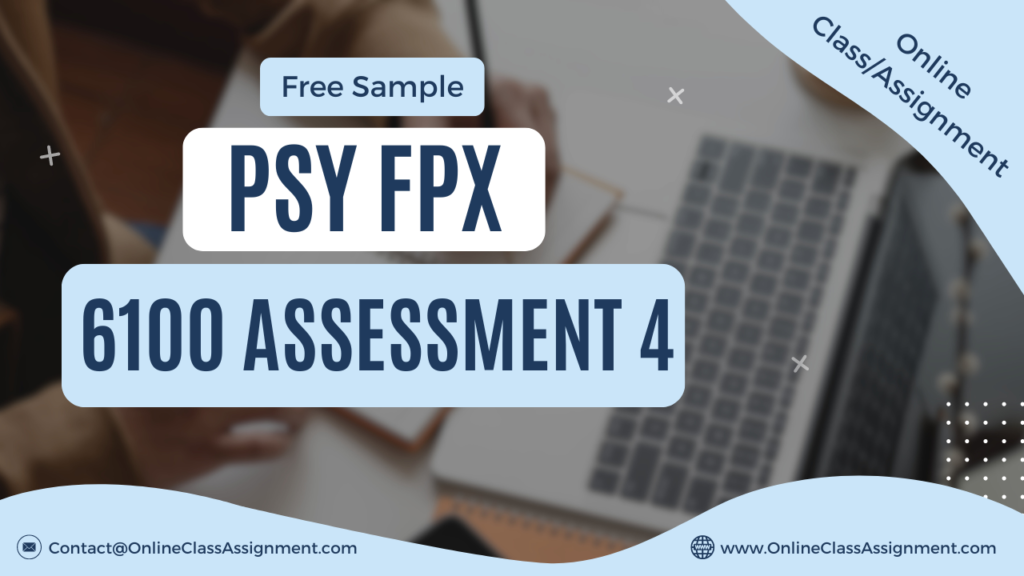
PSY FPX 6100 Assessment 4 Learning Theories
Student Name
Capella University
PSY FPX 6100 Introduction to Educational Psychology
Prof. Name
Date
Learning Theories- “Modern”
Behaviorism
Within behaviorism, the central focus lies in the correlation between stimuli and responses. Learners are perceived as reactive entities molded by environmental stimuli. This theory suggests that learners predominantly operate on a superficial level and lack the capacity for deeper cognitive processing.
Cognitivism
Cognitivism redirects attention towards intricate cognitive processes like problem-solving, information processing, and critical thinking. It underscores understanding what learners know and how they acquired that knowledge. Learners are viewed as capable of applying their knowledge across diverse contexts.
Constructivism
Constructivism places emphasis on learners actively constructing meaning from their own experiences. According to this theory, learners must engage in firsthand experiences to genuinely grasp and internalize concepts. Behavior is believed to be influenced by the unique interpretation of each situation.
Appropriate Instruction
Behaviorism
Instruction in behaviorism revolves around structured presentation and reinforcing correct responses through practice.
PSY FPX 6100 Assessment 4 Learning Theories
Cognitivism
Cognitivist instruction concentrates on making knowledge meaningful and aligning it with students’ existing mental frameworks. Strategies like mapping and advanced organizers are employed to facilitate learning.
Constructivism
Constructivist instruction presents concepts from various perspectives, encourages reflective awareness, and underscores the active role of learners in the learning process.
Fundamental Elements
Guided Instruction
Constructivism
Guided instruction underscores learning in authentic settings with tasks relevant to the learning objectives. It promotes active engagement and the practical application of skills, such as practicing interview skills to enhance proficiency.
Pros
Guided Instruction
Constructivism
Guided instruction in constructivism accentuates the role of experiences in shaping learning. Learners interpret information based on their experiences and cultural context, fostering a deeper comprehension of concepts.
Cons
Guided Instruction
Constructivism
A drawback of guided instruction in constructivism is the potential difficulty for learners to transfer knowledge beyond their personal interpretations. This may impede the development of broader perspectives or applications.
(Own Thoughts)
References
Capella University. (Year). Guidelines for Effective PowerPoint Presentations.
PSY FPX 6100 Assessment 4 Learning Theories
Ertmer, P. A., & Newby, T. J. (2013). Behaviorism, cognitivism, constructivism: Comparing critical features from an instructional design perspective. Performance Improvement Quarterly, 26(2), 43–71.
Get Capella University Free MS Psychology Samples
PSY FPX 5002
PSY FPX 6710
PSY FPX 5110
PSY FPX 6720
PSY FPX 6730
PSY FPX 6740
PSY FPX 7610
PSY FPX 6O15
